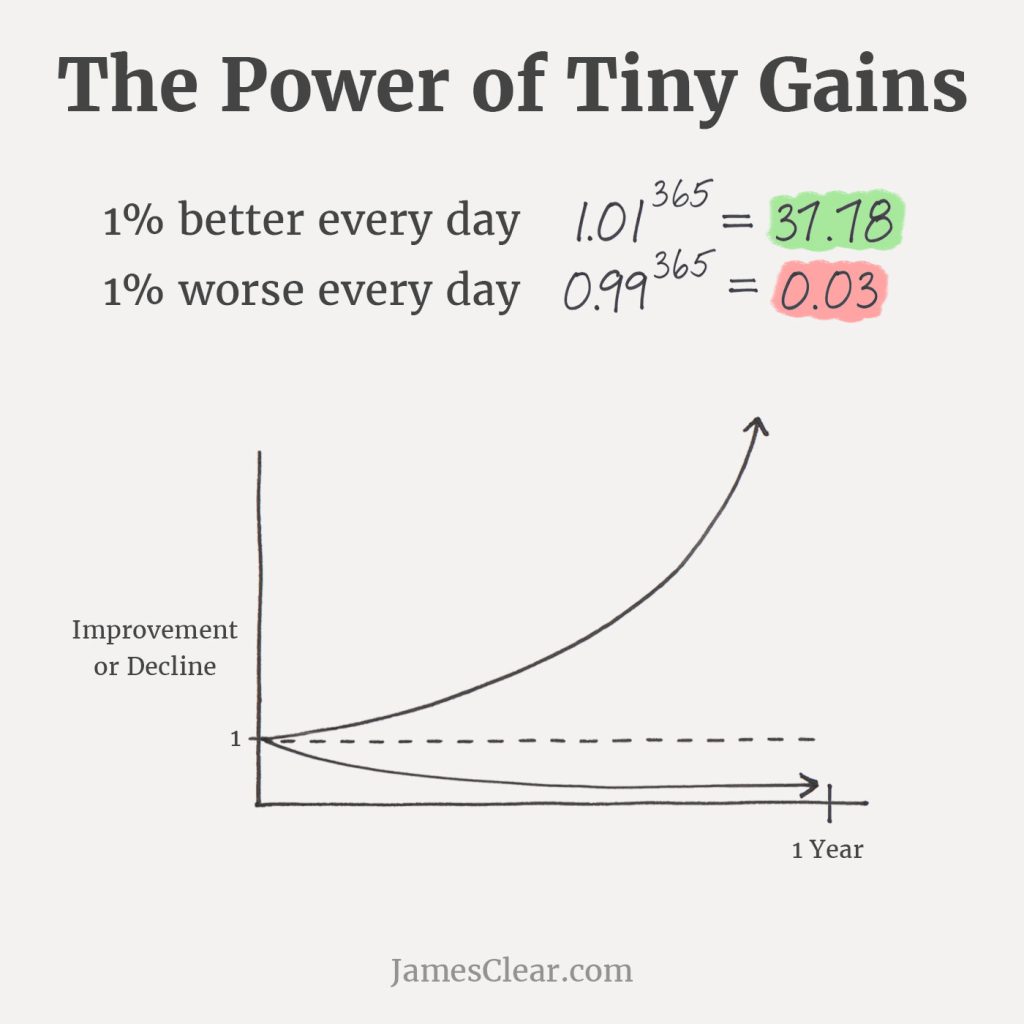A Little Story to Start With
One January evening in my first year of university, I sat at my dorm desk staring at a brand-new planner. The kind with crisp white pages that smelled like possibility. I told myself: “This year, I’m going to change my life.”
Within an hour, I had filled the notebook with ten big goals:
-
Run every morning.
-
Learn a new language.
-
Ace my Finance projects.
-
Spend more time on Fine Arts.
-
Start a side hustle.
-
Wake up at 5 AM.
I remember feeling so proud, like I had finally cracked the code to being the best version of myself.
Fast forward a few weeks, and… reality hit. Morning runs? Stopped after five days. The side hustle? I didn’t even know where to begin. My planner turned into what I jokingly call a “guilt book” – a reminder of all the things I wasn’t doing.
The problem wasn’t that I was lazy. The problem was that I was setting goals that didn’t actually motivate me.
And if you’ve ever made a list of goals only to lose steam weeks later, you know how discouraging it feels. But here’s the good news: the problem isn’t you – it’s the way most of us are taught to set goals.
Let’s flip that. Let’s talk about how to set goals that light you up inside and keep you moving, even on tough days.

Why Most Goals Fail
1. The “Should” Trap
We often set goals based on what we think we should do.
-
I should work out.
-
I should get better grades.
-
I should save money.
But “should” rarely inspires action. A goal built on external pressure feels like a burden, not a choice.
Think about it: do you feel more excited about running because your friends told you it’s healthy, or because deep down you want to feel strong and energetic?
2. Too Big, Too Vague
Another reason goals fail is because they’re either too big or too vague.
“I want to get fit” sounds nice, but what does that even mean? Run a marathon? Do 20 push-ups? Lose weight? Without clarity, your brain doesn’t know where to start.
On the flip side, setting huge, ambitious goals can overwhelm you. “I want to be fluent in French by summer” sounds amazing, but if you’re starting from zero, you’ll likely burn out before you even get halfway.
Step 1: Connect to Your Why
Motivation doesn’t come from the goal itself. It comes from the meaning behind it.
Ask yourself:
-
Why do I want this?
-
What will this bring into my life?
-
Who am I becoming by doing this?
For example, “I want to get good grades” sounds generic. But if your why is: “Because I want to study abroad and open more doors for myself,” suddenly, the goal feels personal and exciting.
When I was balancing Finance coursework and Fine Arts projects, the only way I survived the workload was by remembering my why: I wanted to build a career where creativity and business could coexist. That thought kept me up on nights when my energy was gone but my vision wasn’t.
Step 2: Make It Specific and Achievable
A vague goal is like a blurry photo—you can’t tell what you’re aiming for.
Instead of “I want to get healthier,” try:
-
“I will run three times a week for 30 minutes.”
-
“I will cook two healthy meals at home each week.”
Specific goals give your brain clear instructions. And when they’re achievable, you actually feel motivated to start.
Here’s the trick: it’s better to set a small, specific goal you’ll actually do than a huge one you’ll quit after a week.
Step 3: Break It Down Into Mini Wins
Big goals feel like mountains. Small wins feel like stepping stones.
When I was preparing my dissertation in university, writing the full paper seemed impossible. But when I broke it into chunks—200 words today, 200 more tomorrow—it suddenly felt doable.
Same with fitness: instead of “I’ll finish a half marathon this year,” try “I’ll run 2K this week.” Then build from there.
Every mini win gives you a little dopamine hit, and that’s what keeps you coming back for more.
Step 4: Build Systems, Not Just Goals
Here’s a secret: goals are overrated. Systems are what actually get you there (I explained it in this article about building habits).
Let me explain.
If your goal is to read 20 books this year, the system might be:
-
Keep a book on your bedside table.
-
Read for 10 minutes before bed.
If your goal is to improve fitness, the system might be:
-
Pack your workout clothes the night before.
-
Schedule workouts like actual appointments in your calendar.
The beauty of systems? You don’t have to rely on willpower every day. The system carries you when motivation dips.

Step 5: Track and Celebrate Progress
Have you ever crossed something off a to-do list and felt ridiculously satisfied? That’s your brain loving progress.
Track your goals in a way that feels fun:
-
Use a habit-tracking app.
-
Cross off days on a wall calendar.
-
Journal about your small wins.
And most importantly – celebrate progress.
Don’t wait until the end to be proud. Did you run once this week when last week you ran zero times? That’s a win. Did you save $20 when you usually spend it on snacks? That’s a win.
Celebration makes you want to keep going.

Step 6: Allow Flexibility
Life happens. You’ll miss workouts, deadlines, or study sessions. And that’s okay.
The key is to build flexibility into your goals. Ask yourself:
-
If I miss today, what’s the smallest thing I can do tomorrow to get back on track?
-
How can I make this easier when I’m short on time or energy?
For example, if your goal is to run three times a week but you’re swamped with exams, maybe swap a 30-minute run for a 10-minute walk. Progress over perfection.
Motivation dies when we believe we’ve “failed.” Flexibility keeps us in the game.
Step 7: Make It Personal and Fun
The most motivating goals are the ones that feel like you.
Don’t run just because everyone’s running. Don’t force yourself to journal if you hate writing. Find the version that excites you.
For me, exercise felt like a chore until I discovered running outside in the fresh air instead of at the gym. Suddenly, it became something I looked forward to.
The same applies to studying, working, saving, anything. Fun fuels motivation.

A Quick Goal-Setting Formula
Here’s a simple sentence you can use today:
I will [specific action], [frequency], so that I can [personal why].
Examples:
-
“I will meditate 5 minutes every morning so that I can start the day calm and focused.”
-
“I will study French 15 minutes daily so that I can travel with confidence this summer.”
-
“I will run twice a week so that I can feel stronger and energized for my classes.”
This formula is powerful because it gives you:
-
Clarity (specific action)
-
Structure (frequency)
-
Meaning (your why)
The Science Behind Motivating Goals
Psychologists have found that motivation often comes from three things: autonomy, mastery, and purpose.
-
Autonomy: you feel motivated when the goal is your choice, not forced by others.
-
Mastery: you feel motivated when you can see yourself getting better at something.
-
Purpose: you feel motivated when your goal connects to something bigger than yourself.
So if you want a goal that lasts, make sure it hits at least one (ideally all three) of these.
Real-Life Example: My Ironman Training
Training for a triathlon taught me everything I know about goal-setting. At first, the idea of swimming 1.9K, cycling 90K, and running 21K in one race sounded terrifying.
If I had focused only on the giant end goal, I would have quit before even starting. Instead, I built systems:
-
Swim twice a week.
-
Long run on Sundays.
-
Gradually increase distance every month.
I tracked progress, celebrated little wins (like swimming 500m without stopping), and gave myself grace on tough days.
Looking back, what motivated me wasn’t the finish line photo – it was the daily progress that made me feel stronger, more resilient, and more confident in myself.

Closing Thoughts
At the end of the day, goals are not about proving yourself to anyone else. They’re about creating a life that excites you.
The point isn’t to chase perfect discipline. It’s to design goals that are:
-
Connected to your why
-
Specific and doable
-
Broken into mini wins
-
Supported by systems
-
Flexible and fun
If you do that, motivation won’t feel like something you have to “find.” It will feel like something that naturally flows because your goals actually mean something to you.
Motivation isn’t about forcing yourself harder. It’s about setting goals that pull you forward – goals that feel like an invitation, not an obligation.

